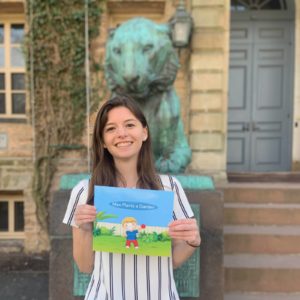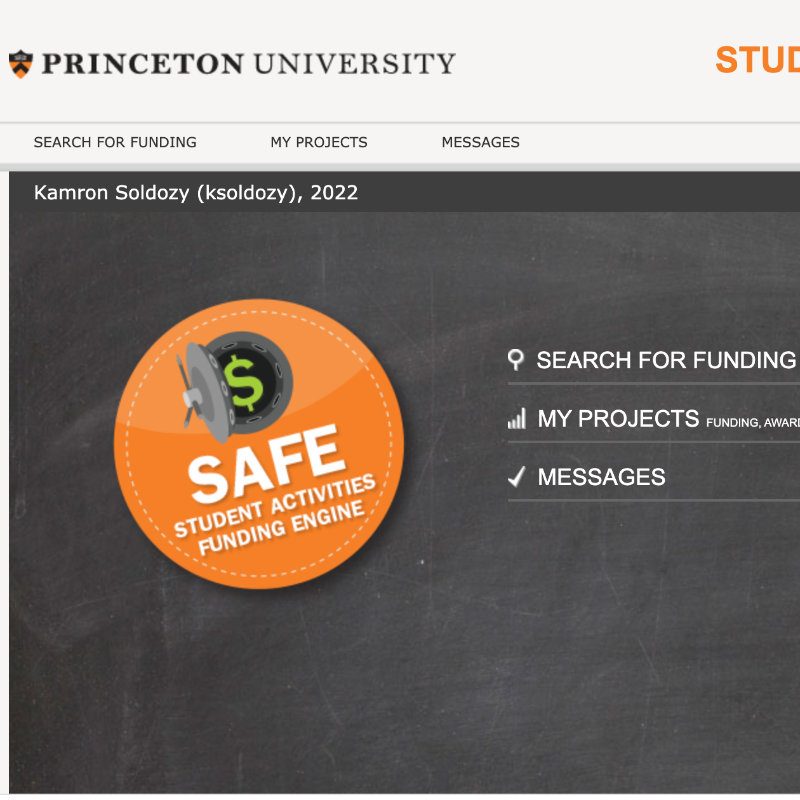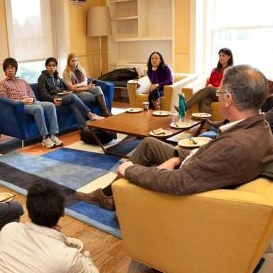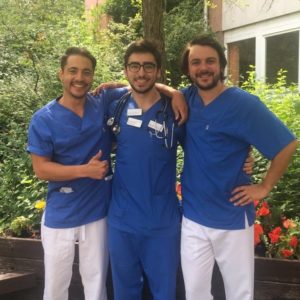I remember feeling blindsided by thesis talk my junior spring. I was in the middle of my second JP—I didn’t have a topic, an adviser, or any idea where to start. But I knew I needed to start my research in the summer before senior year. If I had learned anything from my JPs, it was that I would need all the time I could get to complete a research project of this scale.
Juniors: whether you’ve already applied for thesis funding or haven’t yet thought about your thesis at all, now is the time to make a summer thesis plan. Remember: every hour you invest over the summer is an hour saved during the semester, when you’ll be back to balancing coursework, job/grad school applications, and extracurricular obligations.

As I prepare to submit my thesis this month, I’ve thought back to my own junior spring and collected five things I wish I’d known before my thesis summer:
Continue reading Five Tips for a Regret-Free Thesis Summer







